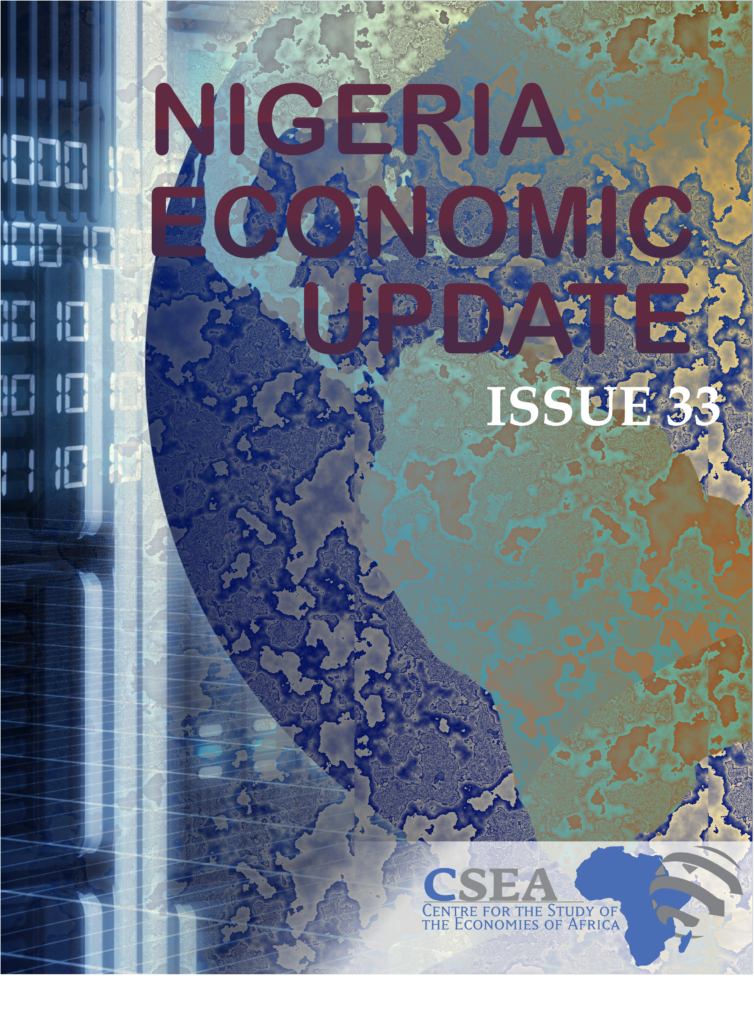Media highlights suggest that leading manufacturers quoted in the Nigerian Stock Exchange, NSE, which operate across sectors have recorded significant upsurge of 20.2 percent in their operating expenses, OPEX, in the first half of 2018. Specifically, compared to the corresponding half-year in 2017, costs incurred rose from N194.6 billion to N233.9 billion in 2018H11. The firms also operated on short term borrowings of N101 billion, up by 1.8 percent in 2017. The rising expenses may be at the backdrop of general rise in cost of: products distribution, running campaigns and innovations, and brand marketing in a bid to increase sales volume. To reduce operating expenses and support non-oil sector growth which is yet to pick up, there is need for the government to quickly implement Focus Lab projects.
Macroeconomic Report & Economic Updates

September 3, 2018
Nigeria Economic Update (Issue 33)
Media highlights suggest that leading manufacturers quoted in the Nigerian Stock Exchange, NSE, which operate across sectors have recorded significant upsurge of 20.2 percent in their operating expenses, OPEX, in the first half of 2018. Specifically, compared to the corresponding half-year in 2017, costs incurred rose from N194.6 billion to N233.9 billion in 2018H11. The […]
Read →
Related
Nigeria Economic Update (Issue 30)
Recent media highlights suggest that there is a prospective decrease in Nigerias budgetary benchmark crude oil production. Precisely, the 1.8 million barrels per day proposed at the Joint OPEC and Non-OPEC Ministerial Monitoring Committee (JMMC) meeting, is 18.2 percent lower than the budgetary production benchmark of 2.2 million barrels per day. This followed OPECs recent review to include Nigeria in the ongoing production cut agreement amid concerns of global oil market oversupply, given the constant production increase from Nigeria over the last few months.
Nigeria Economic Update(Issue 31)
Recent data on Consumer
Price Index (CPI) indicates significant increase in general price level for the
sixth consecutive month. Headline inflation increased by 0.9 percentage points from
15.6 per cent recorded in May to 16.5 percent in June the highest
rate recorded since October 2005 (an 11-year high). The core sub-index
increased from 15.1 percent to 16.2 percent while the food sub-index stood at
15.3 percent, an increase of 0.4 percent from the preceding month of May. Higher
prices of domestic/imported food and other items, as well as increased energy
cost were major drivers of the increase. This is probably explained by the
exchange-rate pass-through, given the significant depreciation of the naira.
